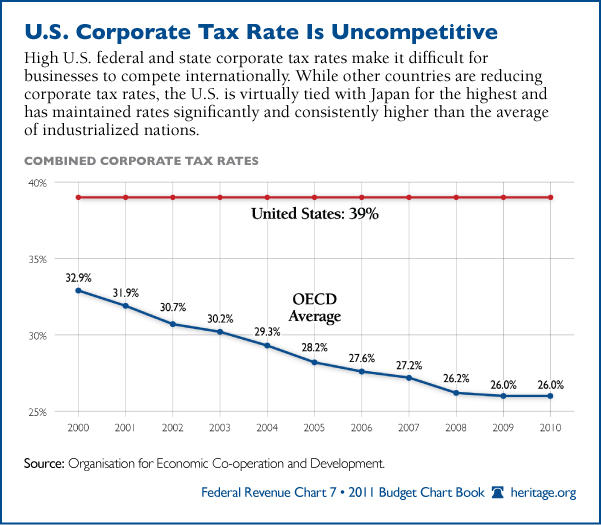The AP reports some bad news for anyone seeking a little security and predictability in the US and global energy markets:
Energy Secretary Ernest Moniz said Tuesday he will delay final decisions on about 20 applications to export liquefied natural gas until he reviews studies by the Energy Department and others on what impact the exports would have on domestic natural gas supplies and prices.
Moniz, who was sworn in Tuesday as the nation’s new energy chief, said he promised during his confirmation hearing that he would “review what’s out there” before acting on proposals to export natural gas. Among the things Moniz said he wants to review is whether the data in the studies are outdated.
A study commissioned by the Energy Department concluded last year that exporting natural gas would benefit the U.S. economy even if it led to higher domestic prices for the fuel.The AP adds that Secretary Moniz justified this delay as his “commitment” to Senate Energy Committee Chairman Ron Wyden (D-Ore.) who opposes natural gas exports and has criticized the DOE study. Moniz’s statement comes just days after his department (quietly, on a Friday) approved one pending export application—moving the grand total of approvals to two out of 20 total applications, most of which have been sitting on DOE’s desk for several years now.
And who says the U.S. government isn’t swift and efficient?
Government sloth aside, these two recent announcements raise a host of serious concerns. As I explained in a recent blog post summarizing my Cato Institute paper on crude oil and natural gas exports, the immediate approval of all natural gas export license applications, as well as broader reform of the system itself, is an economic and political no-brainer. This is because the current licensing systems—and the de facto export restrictions that they create—raise a raft of economic, legal and political problems. For example, the discretionary restrictions on exportation—reinforced by the last week’s developments—likely violate the United States’ WTO obligations and directly contradict longstanding U.S. government support for American exports and opposition to other countries’ export restrictions.
Moreover, and contrary to Moniz’s assertions, the evidence of the economic benefits of fossil fuel exports isn’t isolated to a single DOE study, but has been repeatedly and thoroughly established by government, think tanks, and industry and consumer groups. For these reasons, there is wide, bipartisan support in Congress and the U.S. business community for immediately approving all pending natural gas export applications. The only groups that oppose these exports are the strange bedfellows of misguided environmentalists (who fear that additional exports will lead to increased fracking) and self-interested, gas-consuming industries (who want that cheap gas all to themselves, regardless of the broader economic or trade policy harms).
More broadly, these recent developments demonstrate the government-created uncertainty plaguing not only American energy producers, investors, and workers, but many other of their fellow Americans. As I noted in February:
By depressing domestic prices and subjecting export approval to the whims of government bureaucrats, the U.S. licensing systems retard domestic energy production, discourage investment in the oil and gas sectors, and destabilize the domestic energy market. Artificially low prices prevent producers from achieving a sustainable rate of return on the massive up-front costs required to drill and extract oil and gas, and investors lack any assurances under the discretionary licensing systems that domestic prices will not collapse when output increases. Such concerns have led the IEA to recently warn that U.S. export restrictions put the “American oil boom” at risk.In short, current uncertainty retards highly capital-intensive domestic energy investment, production, and hiring, thereby destabilizing the market and curtailing economic growth. And what better example of such uncertainty is the surprise approval of one gas export application quickly followed by a single bureaucrat’s announcement that—in order to keep a “commitment” to a single U.S. Senator—no others will be approved until he personally is satisfied with widely-supported data that have been before his agency for months?
Unfortunately, this type of uncertainty pervades U.S. trade and economic policy. Whether it’s bailing out Detroit and the UAW at the expense of certain private investors, or heavily subsidizing green energy through supposedly temporary tax breaks, or negotiating restrictions on Japanese auto imports as Japan’s “entry fee” into the Trans-Pacific Trade Negotiations, or implementing last-minute tax hikes or spending increases, the U.S. government seems intent on substituting the whims of politicians and bureaucrats for predictable, constitutional, free market fiscal policy. As a result, our American “whimsy-conomy” sputters along.
It would be crazy to think that U.S. policymakers can eliminate this rampant uncertainty overnight, but they could at least begin the process by reforming our archaic and problematic energy export laws to freely permit the exportation of all energy products, regardless of type or origin. Such a policy change would help the economy, bring U.S. policy into compliance with our trade commitments, have strong political support, and take America’s energy future out of the hands of unelected bureaucrats like Secretary Moniz.
If they can’t undertake these simple and obviously necessary reforms, the rest of the whimsy-conomy doesn’t stand a fighting chance.
